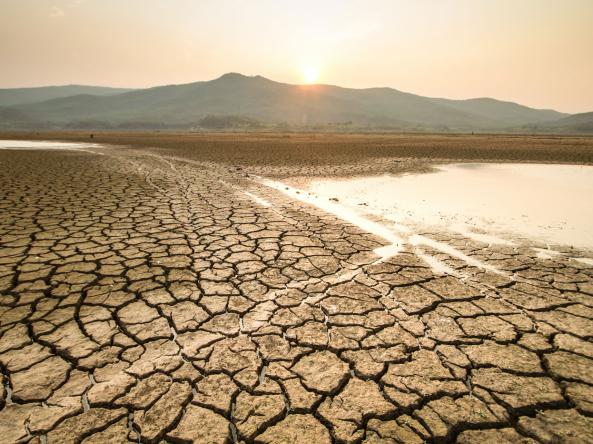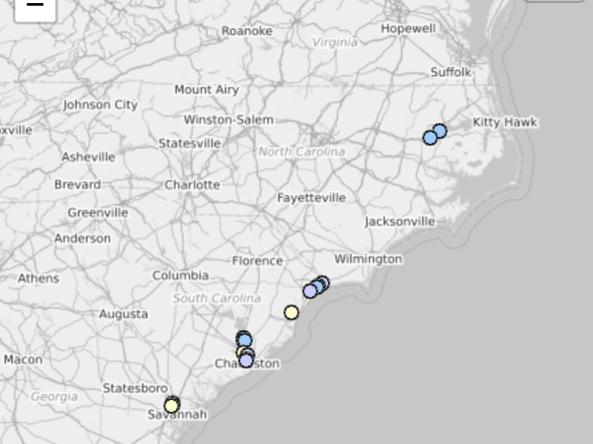This webinar will share recent research on drought impacts to coastal ecosystems and services. This webinar is the fourth in a four-part series that seeks to raise awareness of ecological drought, share actions that strengthen ecosystems resilience and mitigate the impacts of droughts, and discuss research and management needs for future drought planning and preparedness.
Drought can exacerbate wildfire frequency, intensity, and severity. This webinar will explore wildfire management approaches based on ecological principles, including those that embed traditional ecological knowledge. This webinar is the third in a four-part series that seeks to raise awareness of ecological drought, share actions that strengthen ecosystems resilience and mitigate the impacts of droughts, and discuss research and management needs for future drought planning and preparedness.
This webinar focuses on planning, restoration, and recovery actions that strengthen ecosystem resilience, mitigate the impacts of natural disasters, and realize co-benefits. This webinar is the second in a four-part series that seeks to raise awareness of ecological drought, share actions that strengthen ecosystems resilience and mitigate the impacts of droughts, and discuss research and management needs for future drought planning and preparedness.
Introducing ecological drought as a scientific concept distinct from other definitions of drought, this webinar explores recent research on the topic, including transformational drought impacts and ecological tipping points. This webinar is the first in a four-part series that seeks to raise awareness of ecological drought, share actions that strengthen ecosystems resilience and mitigate the impacts of droughts, and discuss research and management needs for future drought planning and preparedness.





